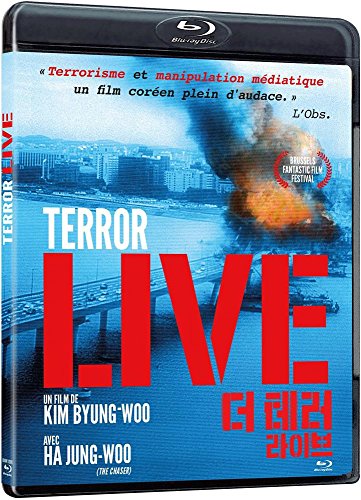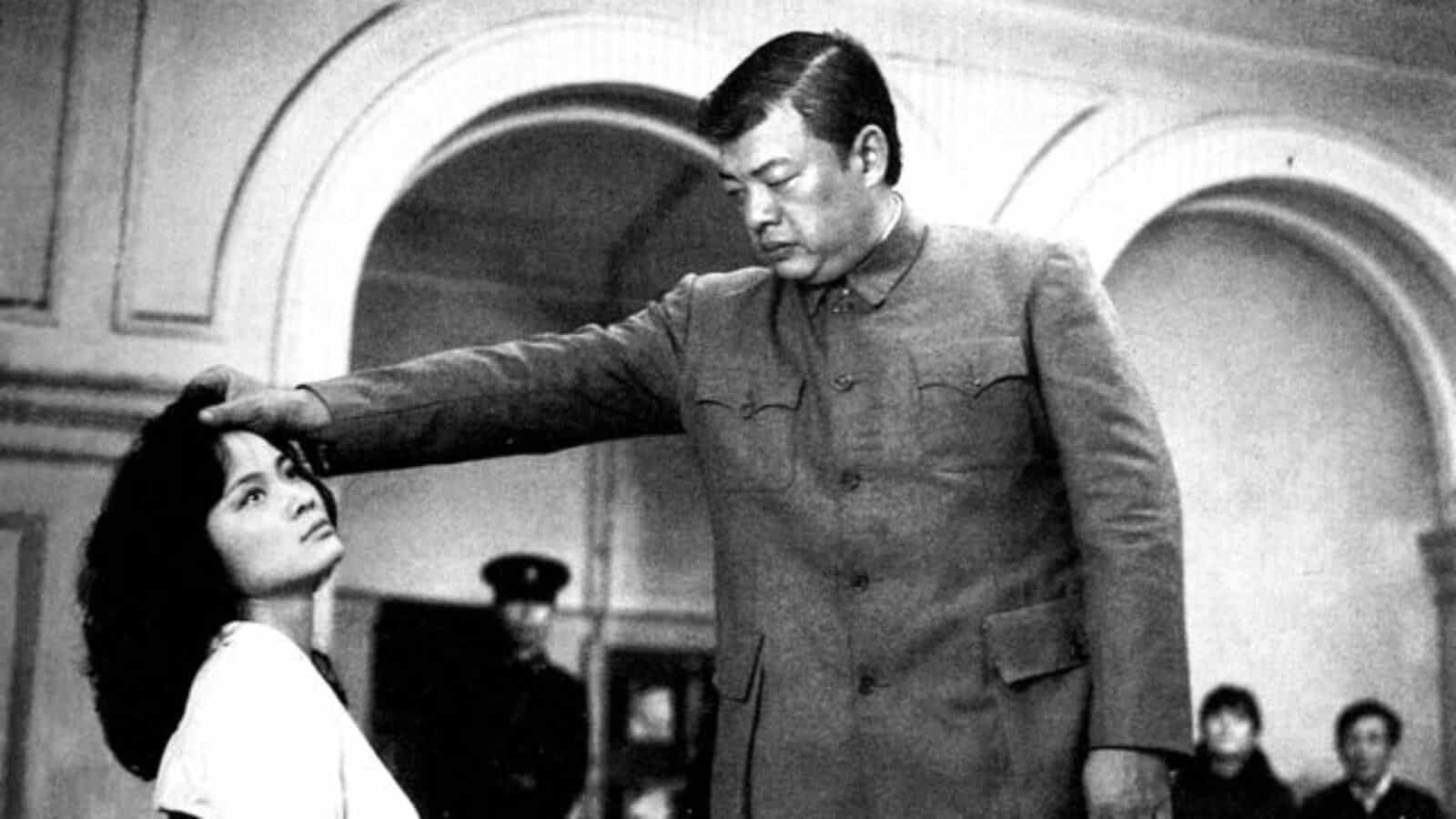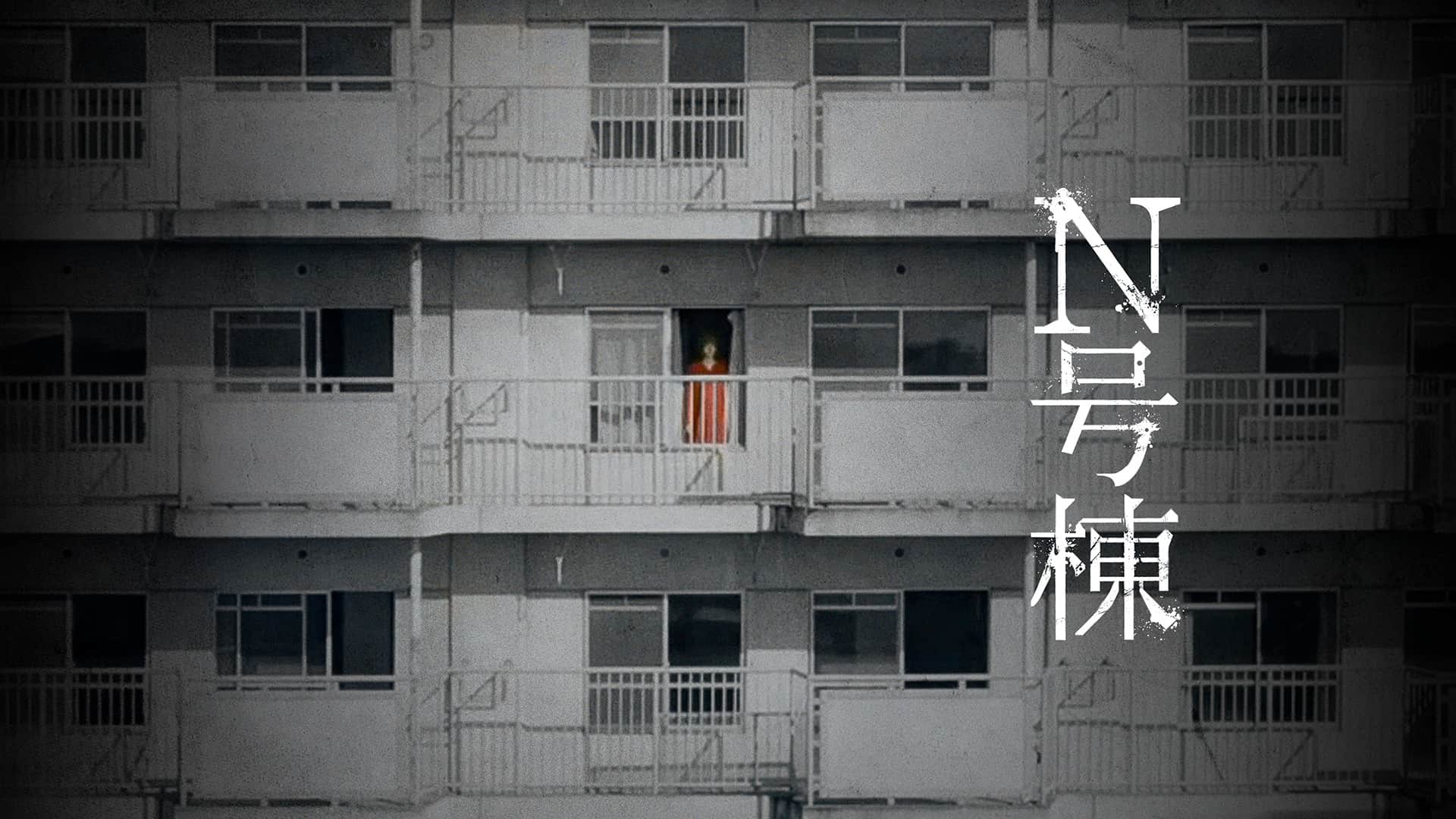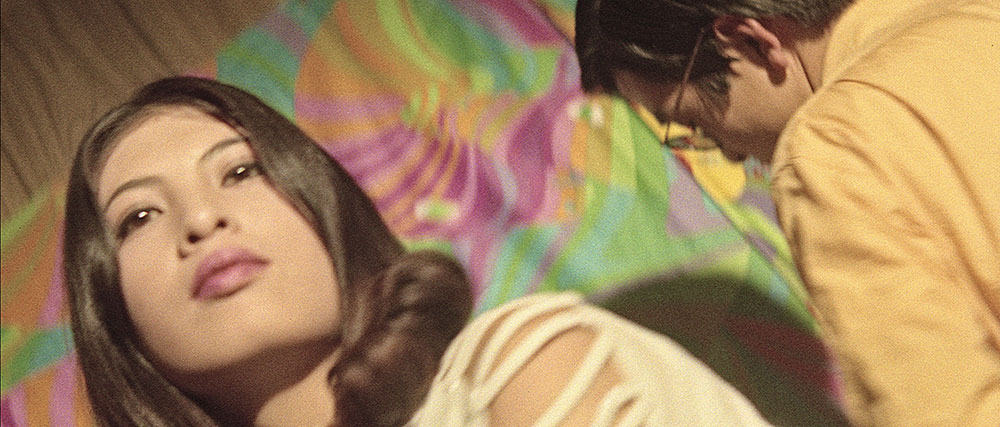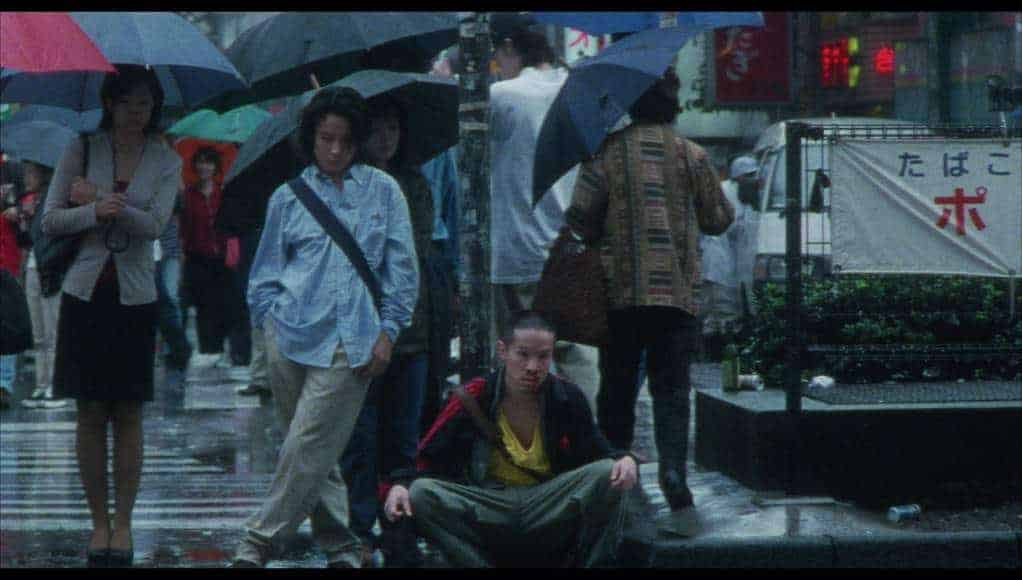Cutthroat journalism, terror threats, and workplace politics are amongst the issues tackled in “The Terror Live,” a frantic action thriller. Directed by Kim Byung-yoo, whose prior experience includes 2007 indie suspense flick “Written,” his second offering sanitises the urgency and rawness seen prior, but still succeeds in crafting something nonetheless stirring in its inner-conflicts. Consistently in the box office top-ten throughout its cinema stint, this modest budget movie about a man's desperation to return to the apex of his field is unmistakably worth watching.
Buy This Title
After a divorce and being fired from his job as one of the country's top television news anchors, Joon Yeong-hwa (Ha Jung-woo) finds himself demoted to talk radio. An apathetic presenter for talk-show “Daily Topic,” the middle-aged man goes through the motions whilst taking listener calls, donning casual jumpers and blacked-out sunglasses in his moderately sized studio. Watching his contemporaries on outside monitors, Yeong-hwa languidly dreams of reappearing on television, and is soon afforded an unlikely opportunity when a listener conversation goes array. Initially dismissed as an aimless prank, construction worker Park Shin-woo's (Kim Dae-myung) seemingly vacant bomb threat turns out to be terrifyingly real, but instead of feeling anxiety, the disgraced host sees an opening. Thus, after some negotiation with his chief Cha Dae-eun (Lee Kyung-young), Yeong-hwa finds himself back on television, conducting a live, exclusive interview with the bridge bomber from his desk.
However, the presenter's egotistical attempts to thrust himself back into the limelight and gain ground over the competition frenzied into leads on the breaking story, prove to be anything but smooth sailing. With terror threats looming, loved ones promptly placed in danger and backstabbing superiors yearning for veneration at large, can Yeong-hwa compose the demanding terrorist, or will his attempts to revive his career prove painfully fruitless?
Unsurprisingly, it is the intense conflict between host and caller where “The Terror Live” thrives most vehemently. Frenetically paced as the impending urgency and dread regarding the bomb threats becomes more pronounced, the real-time construction of the film works tremendously, and allows for the audience to tangibly feel the developing desperation and trepidation. Most notably, these emotions manifest prominently when Yeong-hwa opts to almost taunt the antagonist, objurgating his actions with decided force whilst exclaiming “It is no good messing with the press.” Unsurprisingly though, such thinly veiled barbs fail to get through to the construction worker, consequently leaving the audience weary of the minacious consequences self-inflicted by the brazen anchor's unfiltered words.
Continuing, when depicting a thriller dependent on its carefully expanding real-time momentum, a reasonable portion of the movie's success hinges on the competency of its cast. Fortunately, “The Terror Live” boasts a superlative lineup of both starring and supporting actors, all of whom perform their roles with tact and gravitas. Unquestionably, it is Ha Jung-woo who particularly excels, depicting the shift from detached radio presenter to a desperate, futile makeshift television anchor with a marked proficiency. Oftentimes, it is the experienced lead's facial expressions alone which can tell enough of a story, supplemented in part by shifts in vocalised tones throughout the live interviews. Therefore, Ha thrives as Yeong-hwa and gives flair to the role, appropriately capturing the shuttling emotions of the ethically murky protagonist.
Furthermore, Kim Dae-myung must also be commended for his performance as Park Shin-woo, the morally warped terrorist. Although only ever heard (David Lee performs any onscreen duties for the character), Kim still executes his role aptly, giving an investable presentation with audible nuances such as voice shakes, cracks and a rising disdain throughout his impatient phone calls. Even without his visual presence, Kim helps define the integral conflicts clearly, ultimately aiding the story's overriding message of class divisions and workplace tribalism superbly.
Technically, “The Terror Live” is just as impressive. Built around claustrophobic shots of the compact studio, and tight zooms into every gesture, wrinkle and flinching from the cast, cinematographer Byun Bong-sun moulds something uneasy, yet subsequently gripping. Accentuating the authentic feelings of the ensemble through close-ups and unrelenting, jarring camera cuts, Byun shows that there is no need for fight sequences to shape a substantial amount of intensity. Sadly, this does mean that the CGI-assisted ending full of falling debris, buildings collapsing and counter-terrorist action cheapens a lot of the grounded drama, but for the majority of the movie, things are allowed to remain understated.
A further superb aspect of “The Terror Live” lies in its score; a pulsating collection of electronica tracks reminiscent of Hollywood releases such as “Drive.” Syringed with urgent, sonically arresting synthesizers which fluidly build from subtly atmospheric to prominently imposing, the musical arrangement adds tremendous depth to each scene, in turn fleshing out unspoken uneasiness.
In conclusion, Kim Byung-woo directs an excellent piece of cinema with “The Terror Live.” Even with its overblown climax, it still stands as a resonant look at how workplace and political hierarchies can destroy lives just as easily as they can make them, and deserves adequate acclaim for its proficient cast. Ergo, this is a dialogue-heavy, real-time thriller deserving of one's attention, and one which could easily make you second guess who the real threats are in society.



